
If you walk around Prelungirea Ghencea, because only on foot due to hellish traffic can you move from one point to another, you will have the opportunity to marvel at the incredible ugliness of the area. The ugliness that tens of thousands of people experience every day.
In this relatively new area of Bucharest, there is a general neglect: the local authorities no longer do anything, not even promises, and the residents no longer protest even on Facebook, no longer tell them to take to the streets, as they did. in other years.
Somewhere near the former greenhouses on the Gencha extension, stopping is prohibited, knocked down by an unknown accident, and remained bent, almost parallel to the ground, like an abandoned flag of the struggle for decent living conditions.
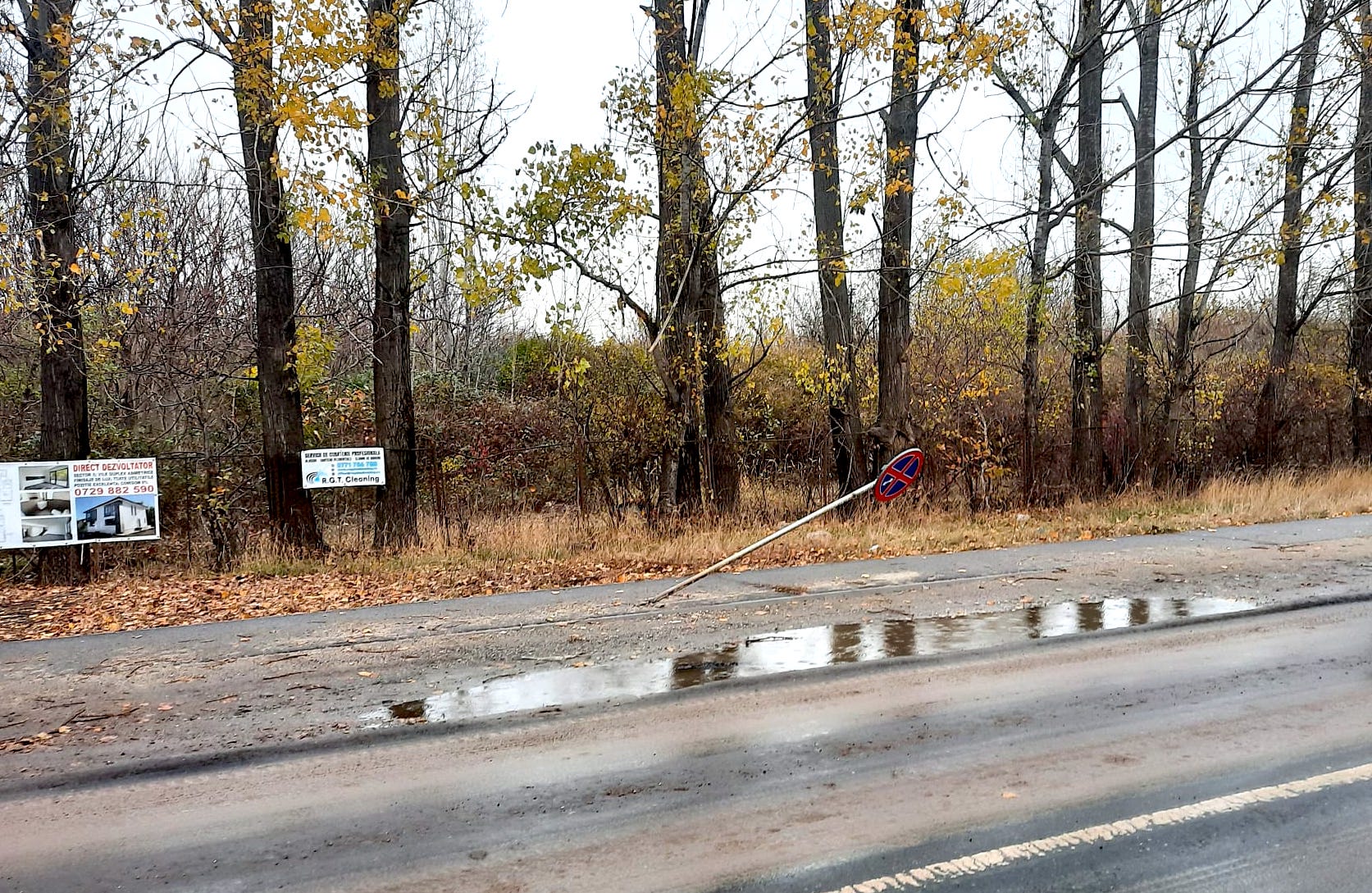
After passing Valea Oltului, in the direction of Domnești, you will find yourself in a strange place. In this section there is a kind of “forbidden zone”, as the concept is still fashionable in European cities, only here no one bothers, and the authorities stay away not because they are afraid of the residents, but because they are not afraid. t care
Makeshift tin structures, new residential buildings surrounded by broken fences, dubious wedding halls and hotels, destroyed sidewalks, all kinds of advertisements are what remind me of my travels in Sri Lanka.
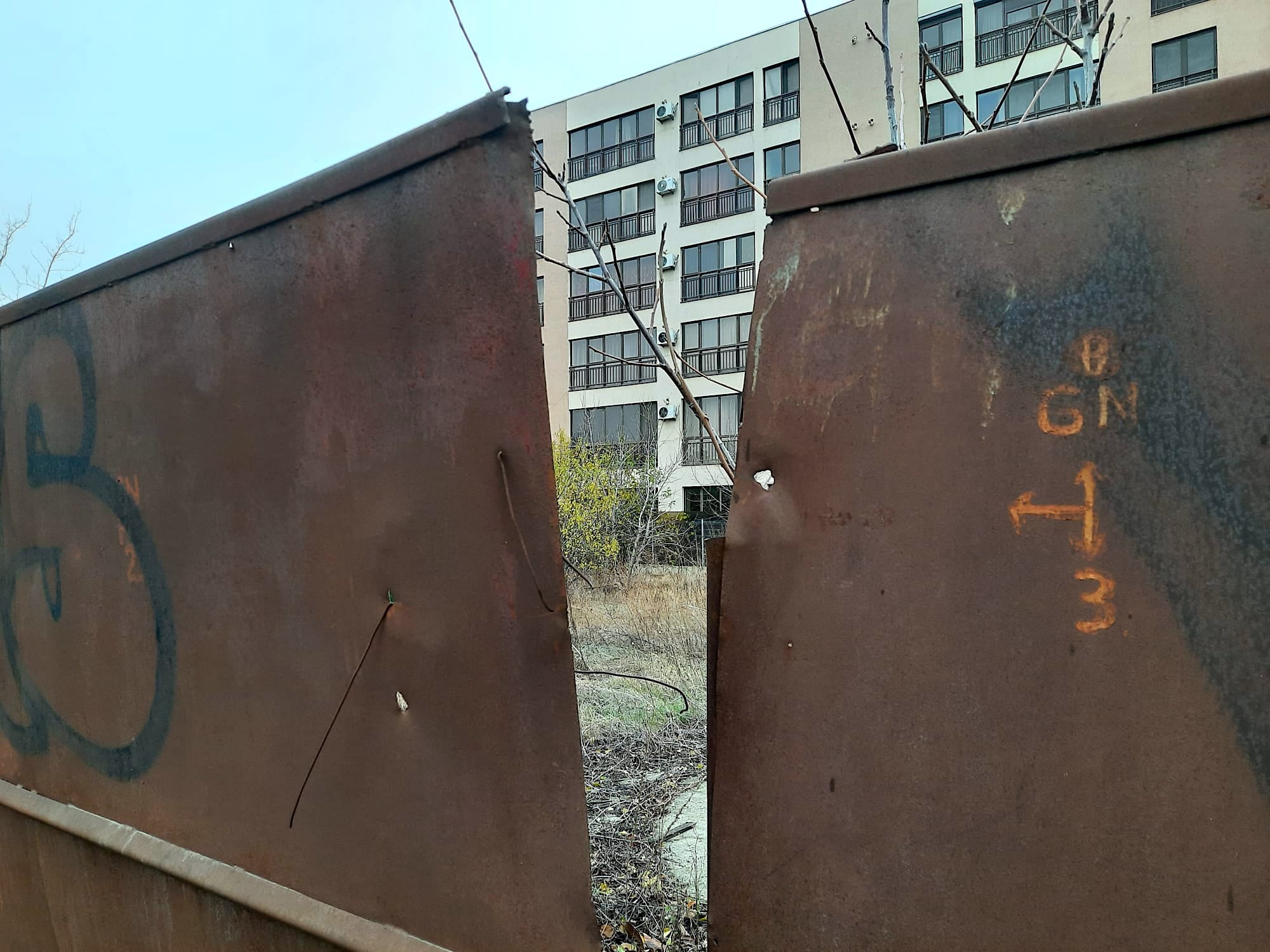
Even walking is not easy in Ghencea Extension. The temporary sidewalks, made by Gabriela Firea in 2017 after countless protests from taxpayers, have since been destroyed.
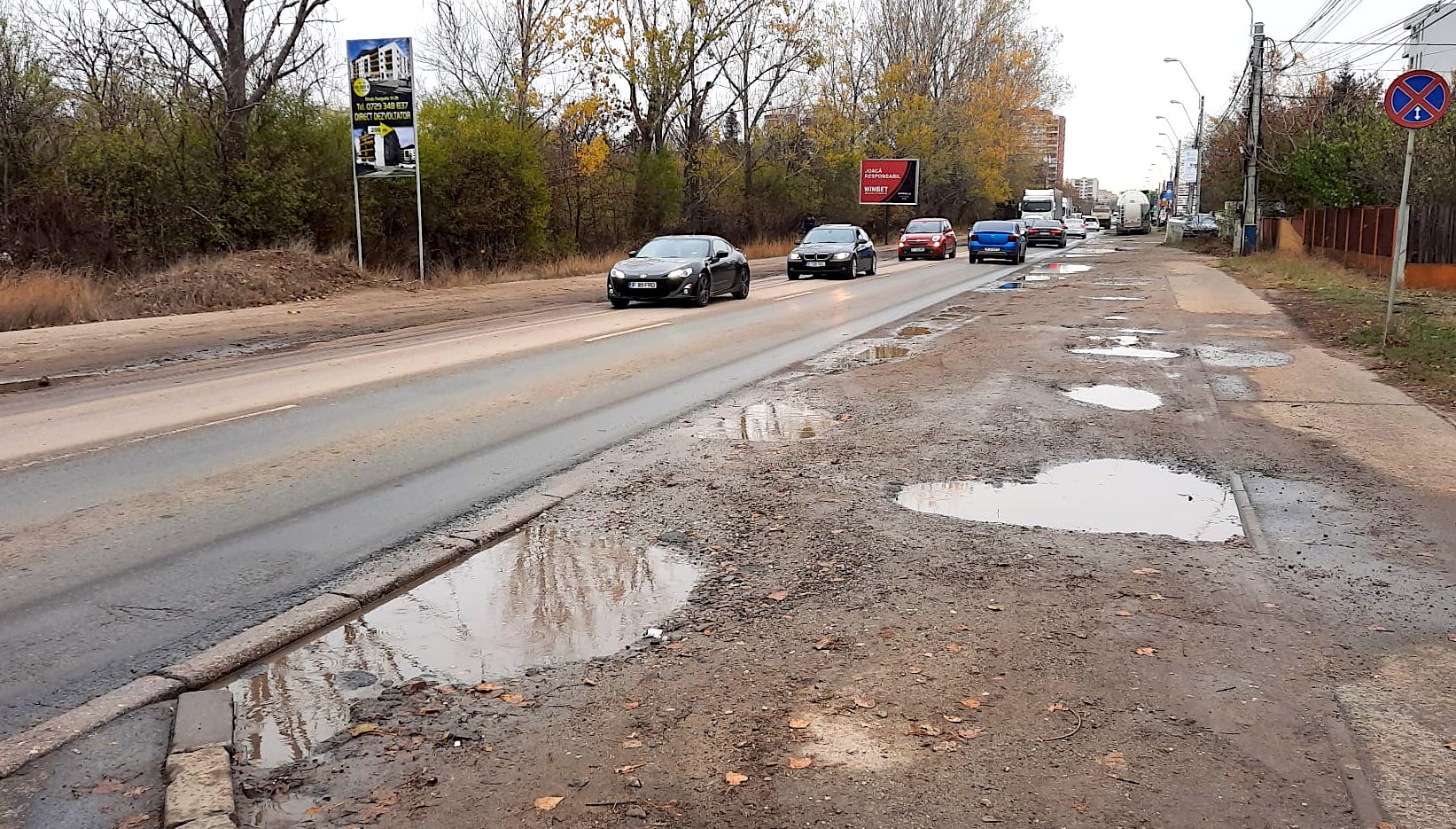
The idea was that these pedestrian arrangements would last for several years, until the long-awaited modernization of the street, pejoratively called “the boulevard”, would take place, and the neighborhood would have the minimum conditions for living: a street with at least two lanes of traffic. in every direction a tram line, bicycle paths, pedestrian sidewalks, etc.
None of these unprecedented engineering marvels happened. The latest news from Nikusor Dan is that the contracts for the expansion of sections 3 and 4 of the Ghencea expansion (the section after the Olt valley towards the exit of the city) will be awarded early next year at best. awarded
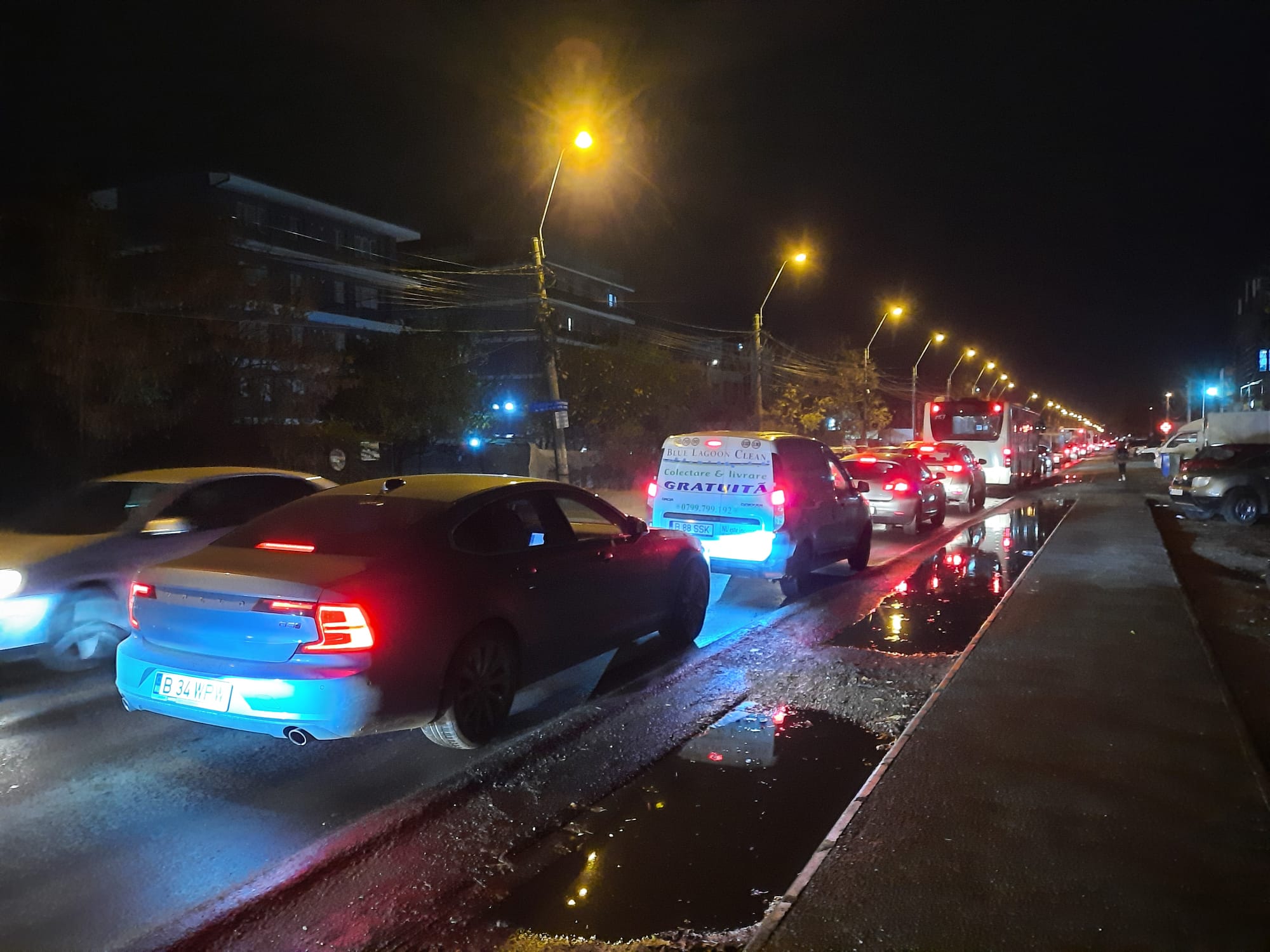
But this is not the first time that people here have heard “good news”. In 2013, Oprescu and Ponta promised that the district would be modernized in two years. And if we go back to the past, then in 2006, in the then vision, the boulevard was supposed to have at least six lanes. I am also afraid to look for the promises of the mayors of the 90s.
The inhabitants of Prelungirea Ghencea and the mayor of Bucharest are obviously not from the same planet. For example, someone who lives in the area and can’t walk, take a bus or drive out of their house without inhaling the exhaust fumes of thousands of cars stuck in traffic, it’s hard to understand the controversy between the mayor of District 6.
The first asked for permission to cut down several trees that stood in his way, the second objected because “every source of oxygen is important in a city clogged with traffic and pollution.”
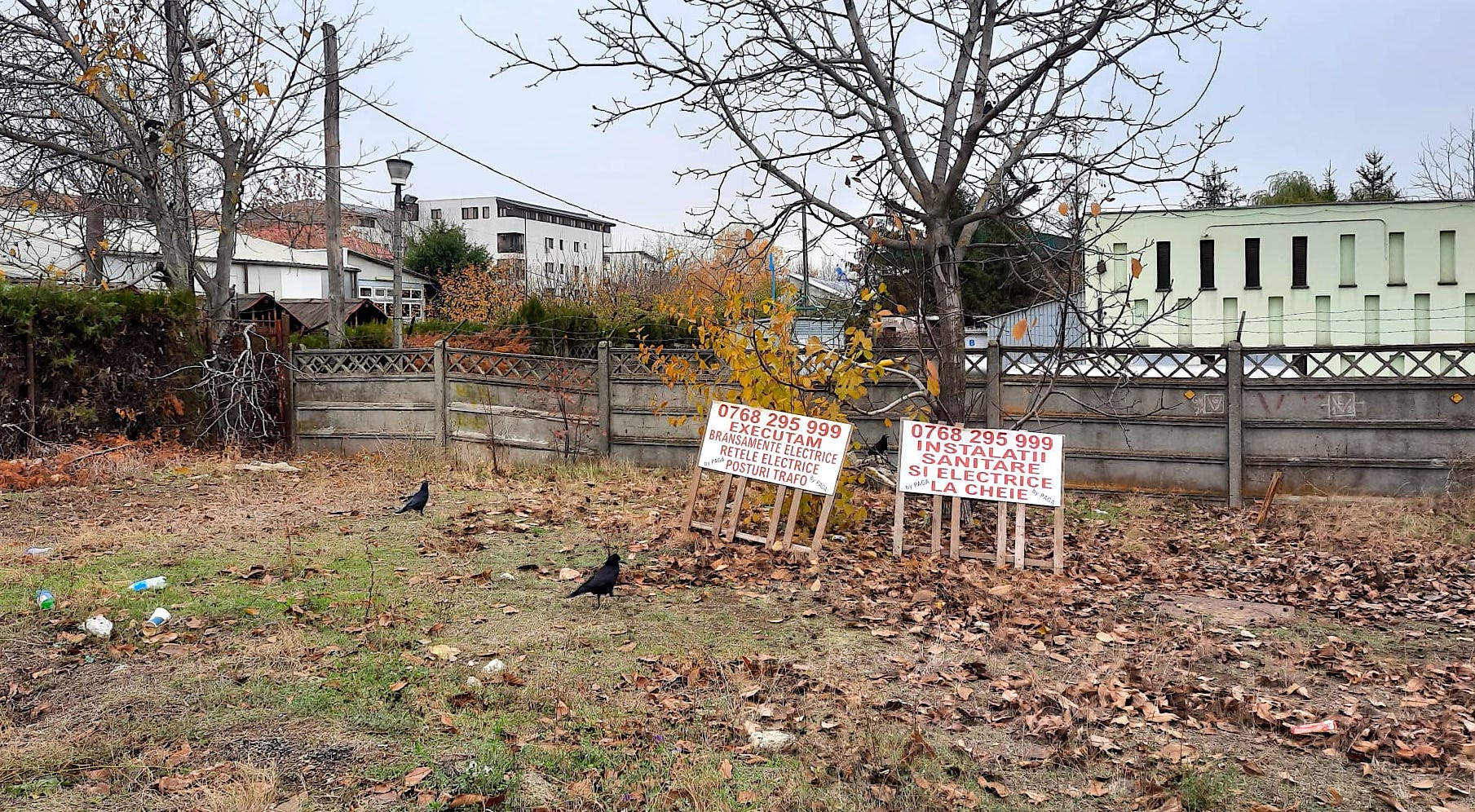
If we talk about green spaces and oxygen, then the area the size of Herăstrău Park is abandoned, the vegetation grows calmly. We are talking about the so-called “Military Greenhouses”, from the times of communism, which are now preserved by the State Housing Agency, for compensation to the former owners.
It is not known when they will be grazed, but this green area was also once said that it could be turned into a park. “It may be” is what translates as “never” in Ghencea Extension.
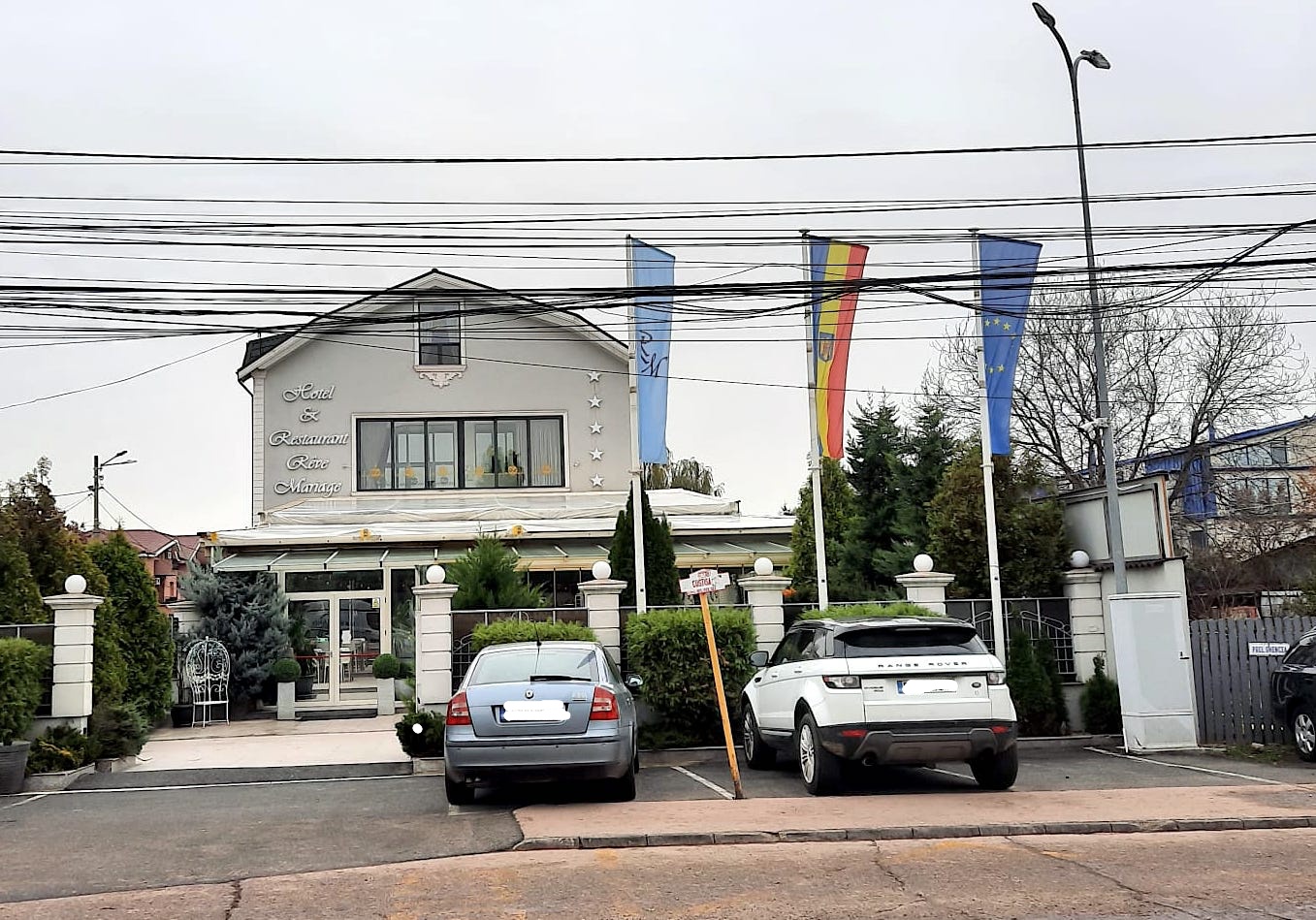
The Ghencea Extension Initiative once brought a stranger to the area, and the first question that came to his mind when he saw the lack of minimal infrastructure was, “Where do the children go to school?” “What school? – there was a question, what was the answer to the question
Because on the Gencha extension, neighborhoods are built only for sleeping, and one of the main reasons for the inhumane traffic is that people still have to take their children to school somewhere.
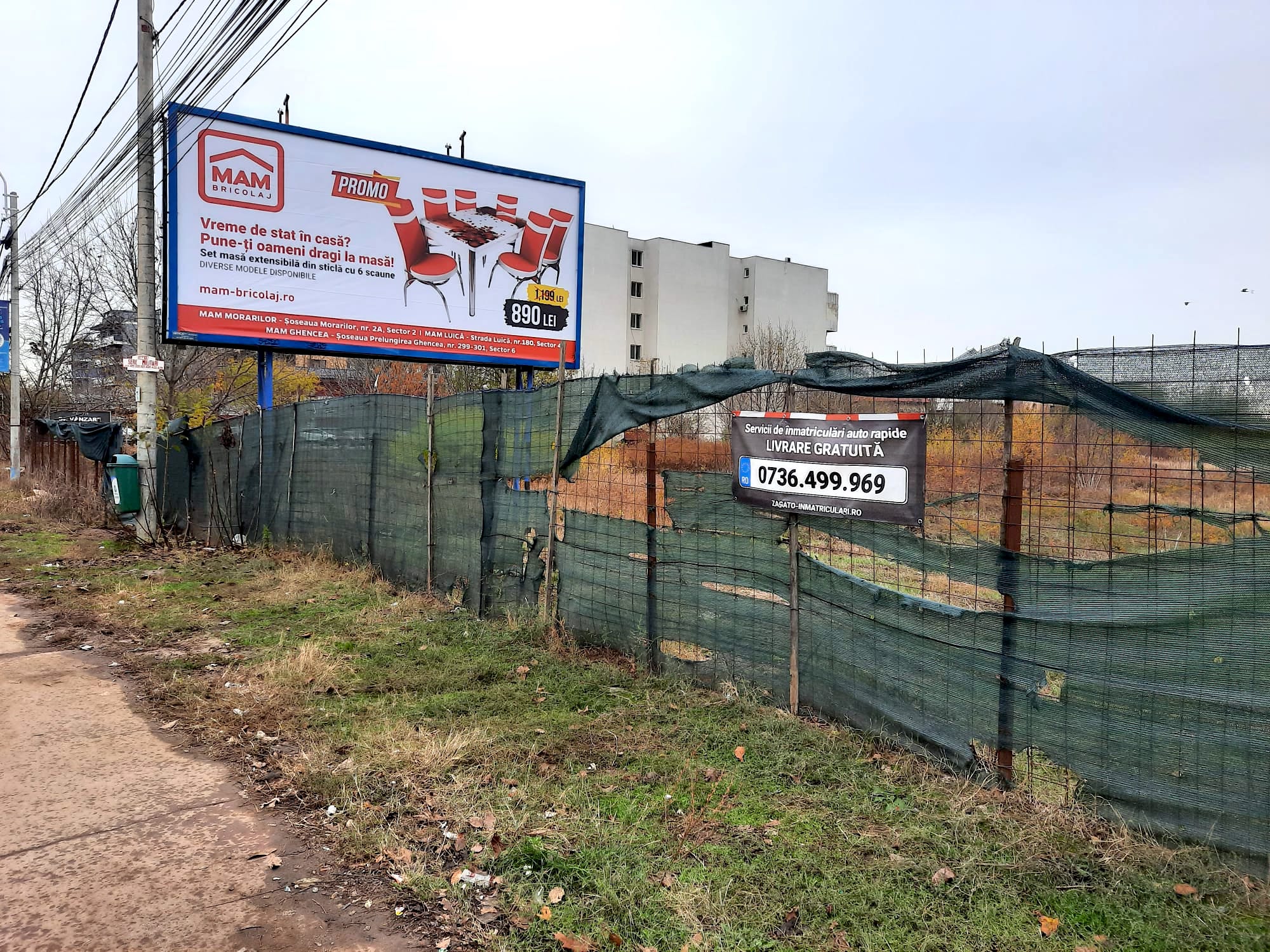
Life in Ghencea Extension, however, holds many lessons for the people who live here. First of all, I remind them every day that they live in an extremely corrupt Romania.
If not, how was it possible to build so many areas in desperation without roads, communications, schools, hospitals, etc.?
For example, first the blocks were built and then the water pipe was laid to meet the growing demand. And not because someone decided to do people a favor, but because they rose up when the taps ran out of water on December 31, 2012. They organized then, on the eve of the New Year, put pressure on them, and then solved the problem.
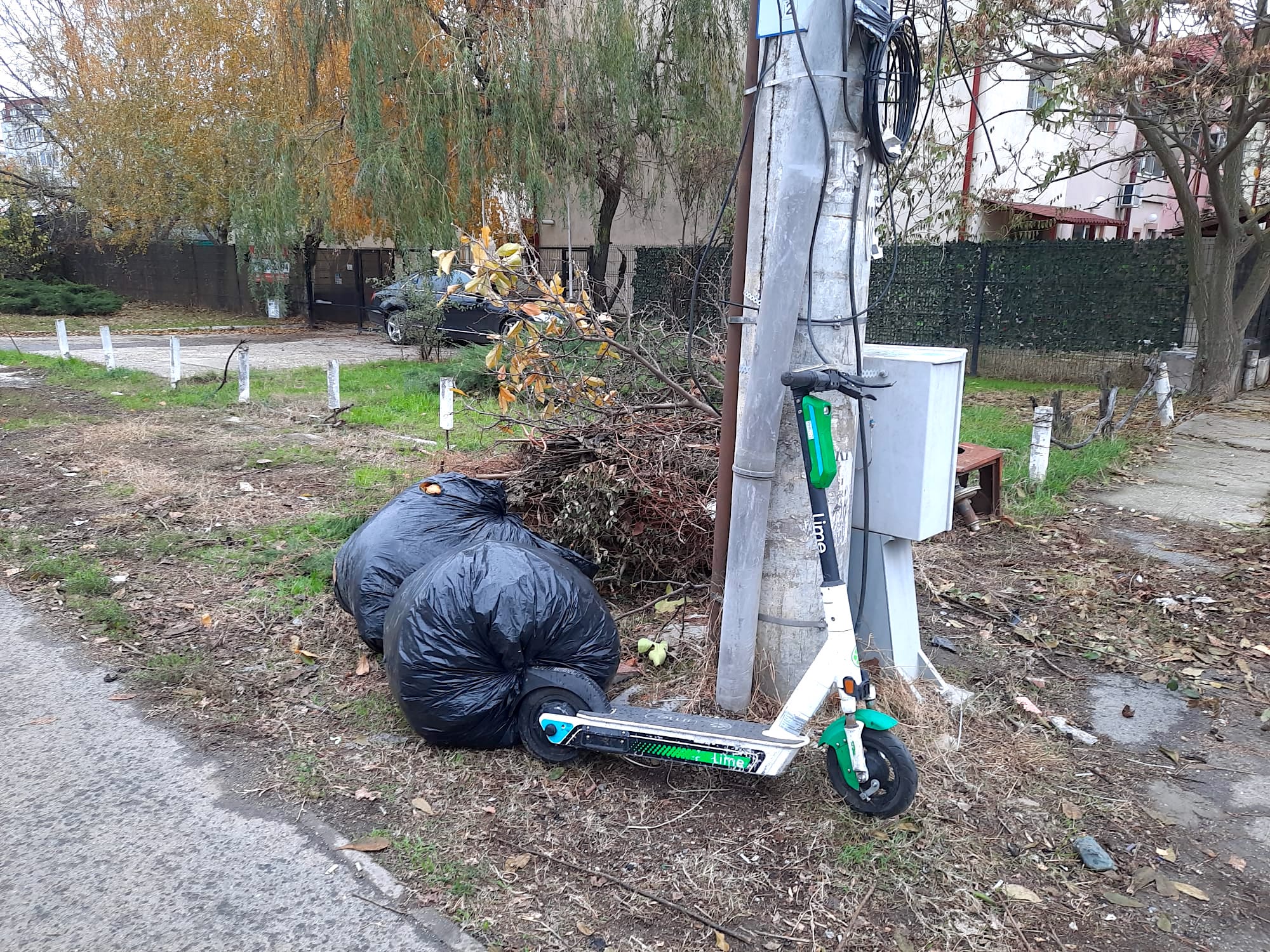
It was a happy accident, an exception. Because living in Ghencea Extension teaches you that, in general, protests in Romania are futile. Dozens of times people took to the streets, first by the hundreds, then by the tens, and at some point no one came to these actions. When people saw that nothing was happening, they saw their own. And you can’t blame them.
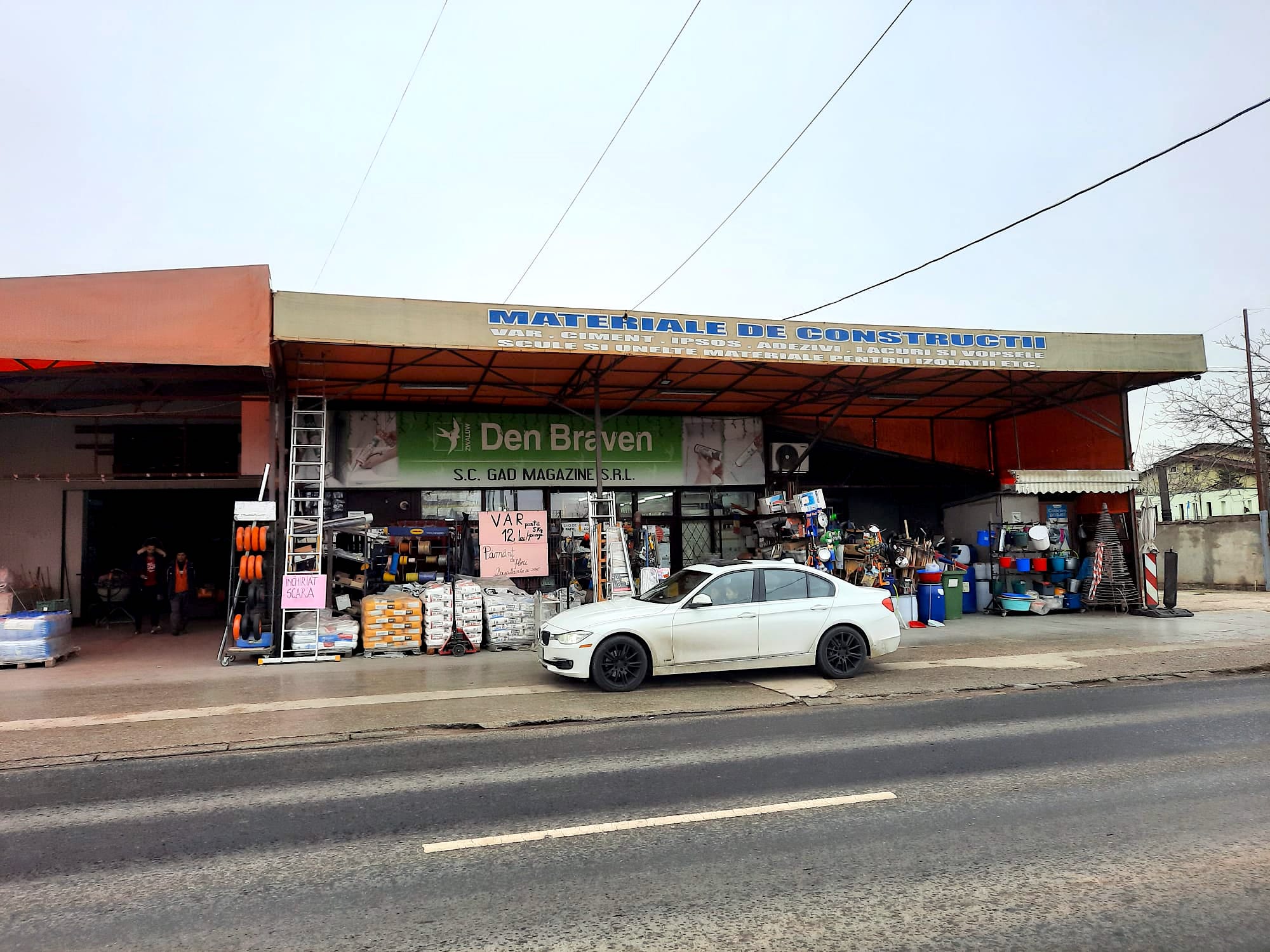
And one more thing I realized while living in the Ghencea Annex. That many Romanians have learned to function exclusively on their own. And I think of those who continue to leave home in their personal cars, even though they will obviously spend a very, very long time in traffic.
To quote a neighbor with whom I discussed this matter: “if you live in Prelungirea Ghencea, you cannot get by with one car. Because of the traffic, you should have your car and your wife should have her car. Everyone must leave home in their own direction, it is not possible for both to go in the same car.” There is probably some logic in our organic distrust of anything that stands for authority.
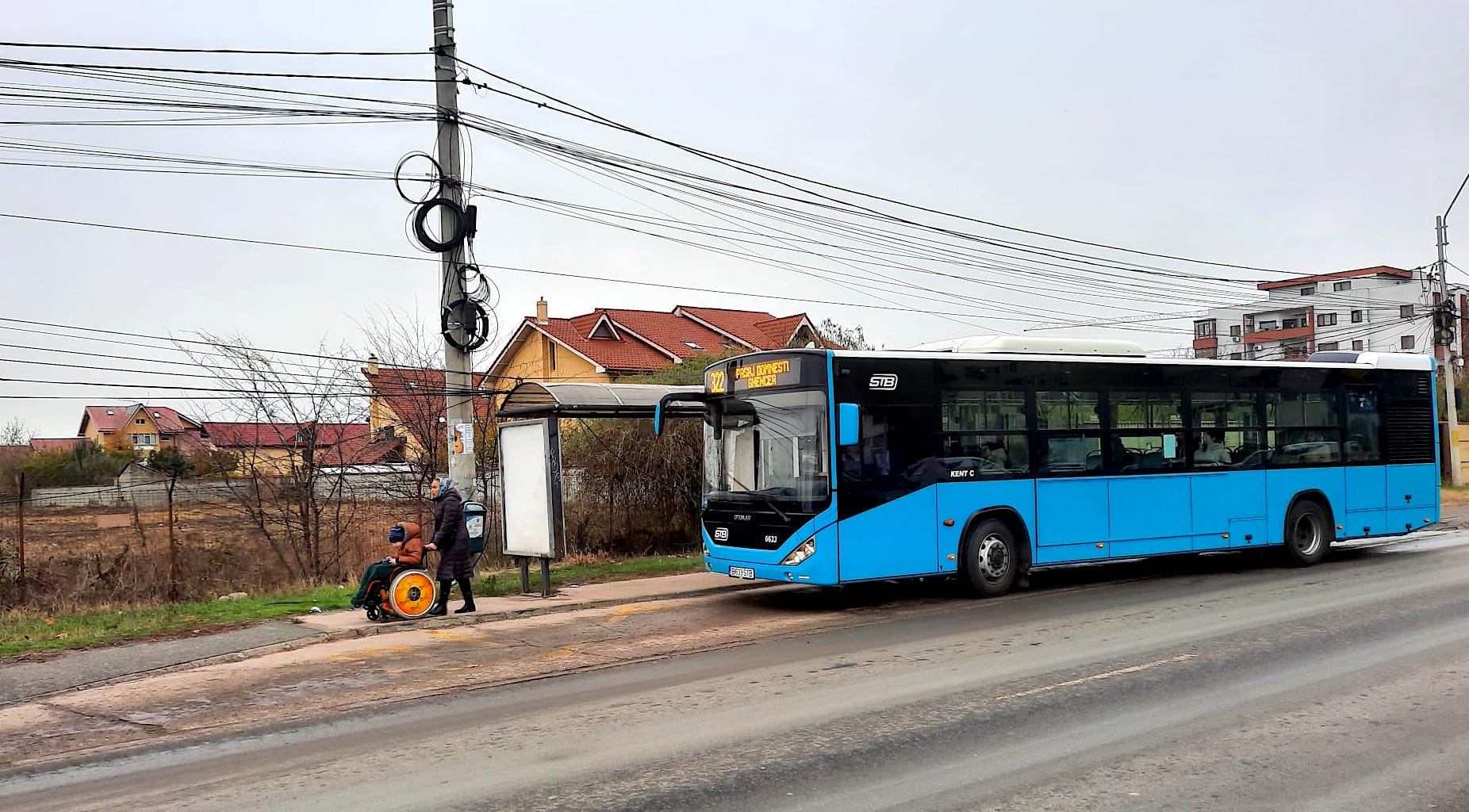
Since the war, many Ukrainian refugees have moved here. Low rents, or perhaps the fact that many apartments are vacant after owners have moved so they can still work, have influenced the choice.
Ukrainians, Sri Lankans, Nepalese are people who live in Genchi Extension out of necessity.
Perhaps many of them, upon returning home, will tell about how they lived in Bucharest. “It’s not a big deal in Europe. They are a little similar to ours, only their salaries are higher.”
Source: Hot News
Ashley Bailey is a talented author and journalist known for her writing on trending topics. Currently working at 247 news reel, she brings readers fresh perspectives on current issues. With her well-researched and thought-provoking articles, she captures the zeitgeist and stays ahead of the latest trends. Ashley’s writing is a must-read for anyone interested in staying up-to-date with the latest developments.